-
-
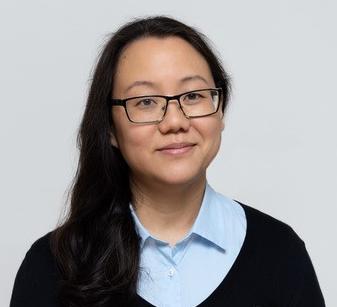
- Dr. Hiloko Kato
Head of Research, DSI Community Gaming
-
- Hiloko Kato is a research assistant in Game Design at the ZHdK and Chair of the DSI Community Gaming. She works in the SNF project «Confoederatio Ludens» on the media reception of (Swiss) games and also researches the interfaces between language and digital games with a focus on the digital agency of players and virtual characters.
-
|
 -
- Prof. Dr. Thomas Schlag
Faculty of Theology and the Study of Religion / URPP «Digital Religion(s)»
-
- Thomas Schlag is a Professor of Practical Theology at the University of Zurich. His research focuses on religious education, church theory and pastoral theology. He is also concerned with questions of theological communication practice and how current digitalization dynamics influence, shape, and transform the religious practice of individuals and institutions.
-
|
-
-
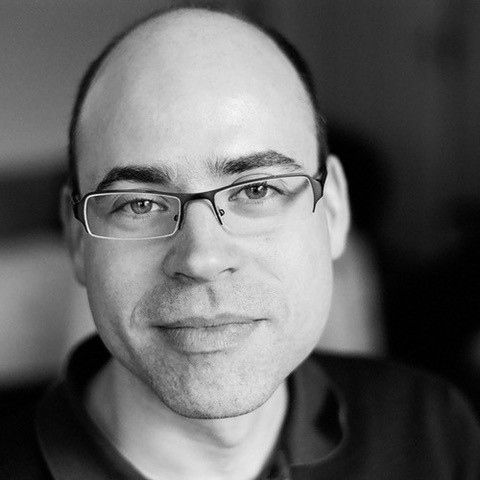 -
- Prof. Dr. Noah Bubenhofer
Deutsches Seminar / LiRI
-
- Noah Bubenhofer is a Professor of Linguistics at the German Department and researches the function and meaning of language in culture and society. His focus is on the development of digital methods and the analysis of digitality from the perspective of media linguistics and language theory. Noah Bubenhofer also researches the potential of visualisations of language and communication and is involved in the theorisation of «digital linguistics».
-
|
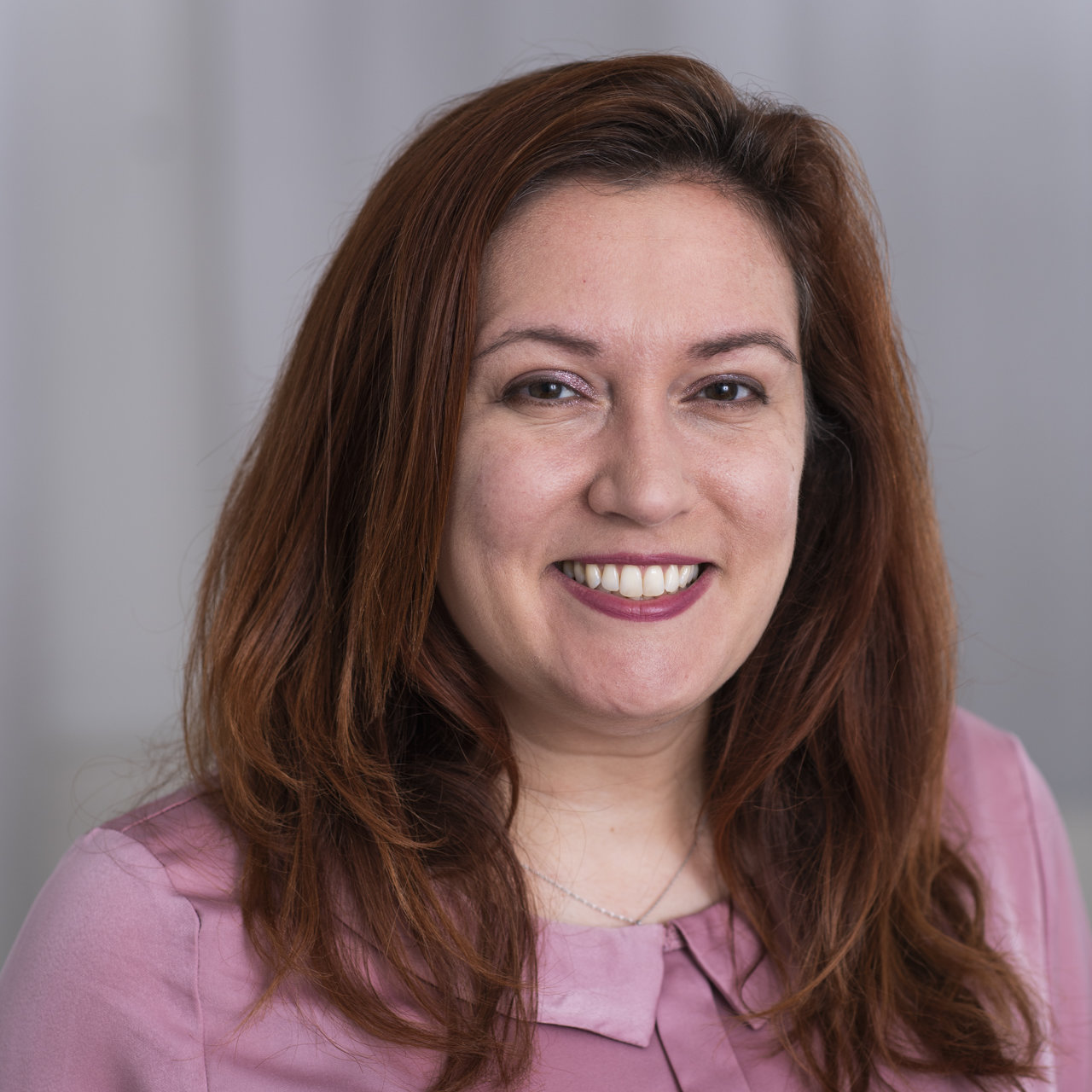 -
- Prof. Dr. Beth Singler
Faculty of Theology and the Study of Religion / URPP «Digital Religion(s)»
-
- Beth Singler, Associate professor at the University of Zurich, is a cultural and digital anthropologist, who researches our uses, perceptions, and narratives of AI, emerging digital religions, and ethical and social issues around new technologies. She will provide support in reflexive anthropological methods, AI ethics, and science communication.
|
-
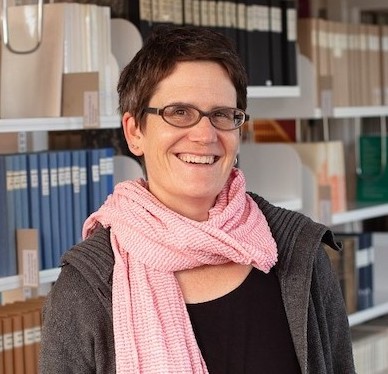 -
- Ladina Tschander
- Universitätsbibliothek Zürich / Digital Library Space
The digital transformation demands a rethinking of library activities. In her work, Ladina Tschander deals with changes in the area of information access, generation, and acquisition as well as with the new demands towards the library staff and the library organization. In doing so, she contributes to the further development of librarianship.
-
-
-
|
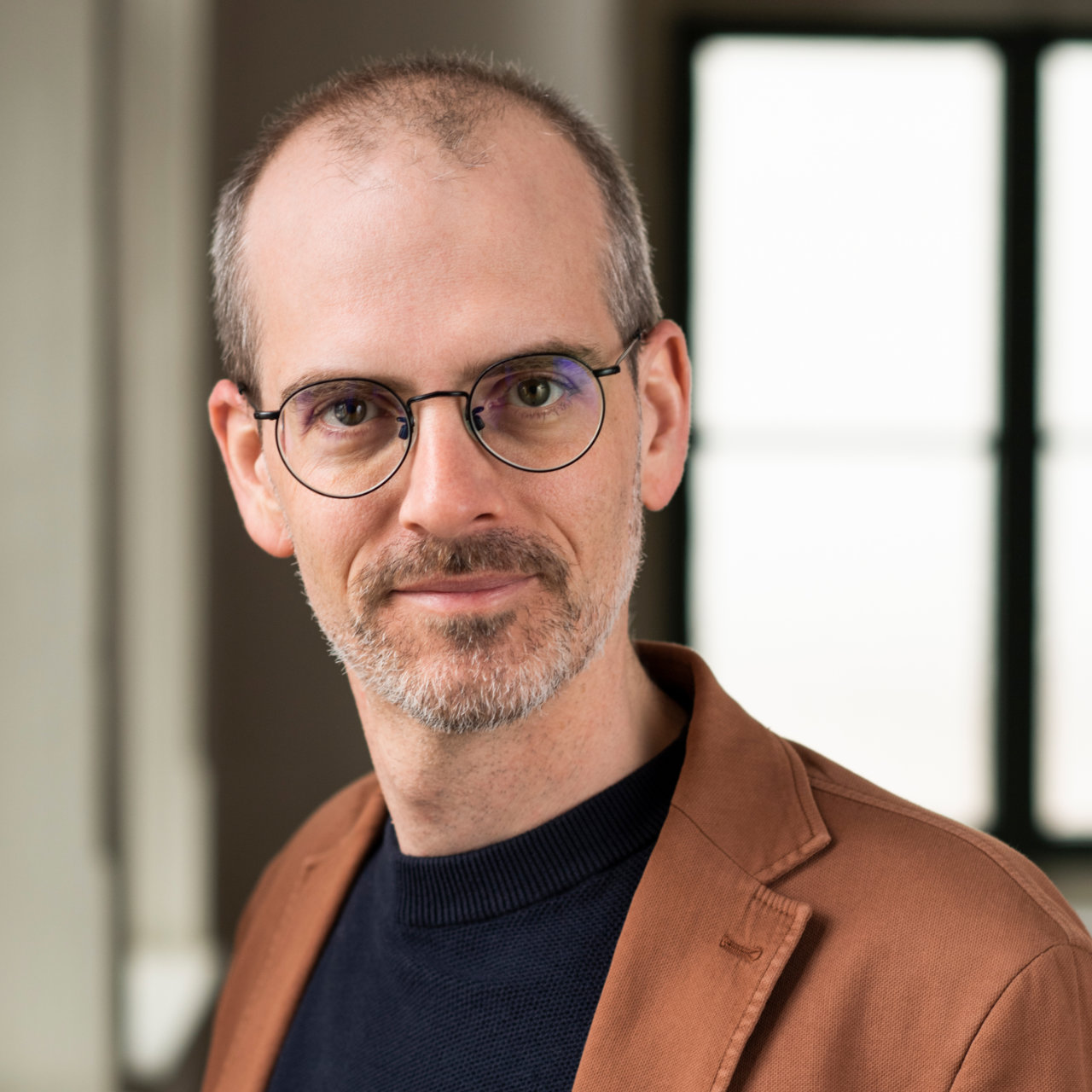 -
- Dr. Yves Mühlematter
- Faculty of Theology and the Study of Religion / URPP «Digital Religion(s)»
-
- Yves Mühlematter, a research assistant to Prof. Dr. Thomas Schlag, is an expert in the fields of Religious Studies and Pedagogy. His research focus lies on utopian and dystopian future narratives and their connection to esoteric and occult currents of the 19th century. Within the framework of MEEET_lab, he explores the utopian and dystopian dimensions of new technologies and examines their pedagogical potential.
|
-
 -
- Prof. Dr. Christine Lötscher
- Department of Social Anthropology and Cultural Studies, UZH
-
-
Christine Lötscher is a Professor for Popular Literature and Media with focus on Children’s and Youth Media at the Department of Social Anthropology and Cultural Studies of the University of Zurich. The focus of her research and teaching is the interface of popular culture research and cultural studies research on children and youth media. Popular genres in literature, film, television and digital media, in particular transmedia phenomena, are examined as negotiation spaces for social discourses and conflicts with regard to their offers of meaning – in terms of current developments and in historical perspective.
|
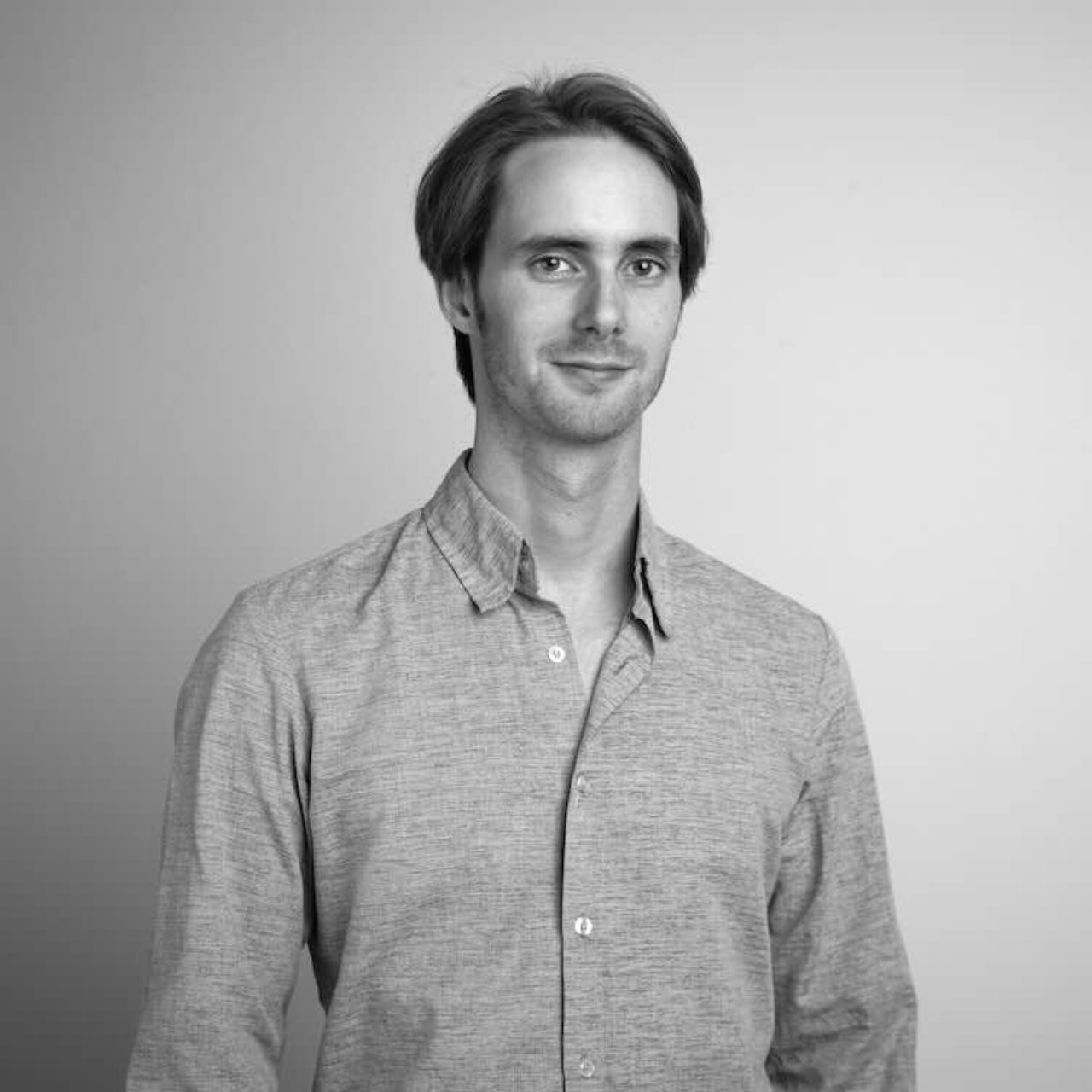 -
- Dr. Fabian Winiger
- URPP «Digital Religion(s)»
-
-
- Dr. Fabian Winiger is a medical anthropologist employed at the Professorship for Spiritual Care. In the URPP «Digital Religion(s)» he investigates the digital transformation of spiritual care, new forms of «telepresence» and virtual care practices. As part of the DSI Minor «Digital Skills» he supervises a project on sense-making practices in the metaverse and other VR-worlds. At the MEEET-lab, he conducts workshops on existential encounters through Virtual Reality headsets.
-
|
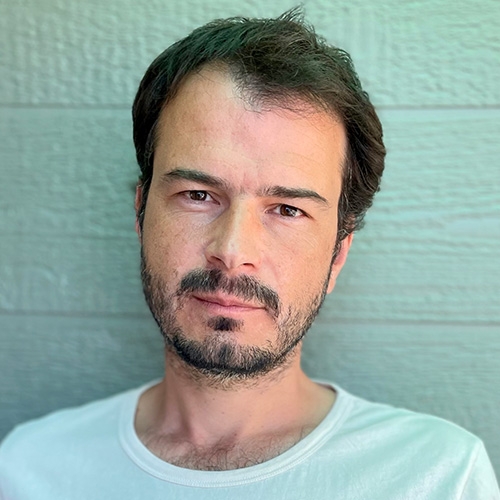
-
- Dr. Kenan Hochuli
- FAN Fellow UZH / SNF Project «IntAkt»
-
-
Kenan Hochuli's research explores the co-evolution of architecture, co-presence, and linguistic interaction, delving into the intricate relationship between physical spaces and social communication. His work not only scrutinizes prehistoric sites, such as fireplaces and work areas, and interactions among non-human primates but also looks ahead, in collaboration with colleagues from the MEEET project, to the future of this interplay and its impact on human communication. His approach bridges multimodal interaction analysis and cultural linguistics, illuminating the past and envisaging the future of human communicative evolution.
|
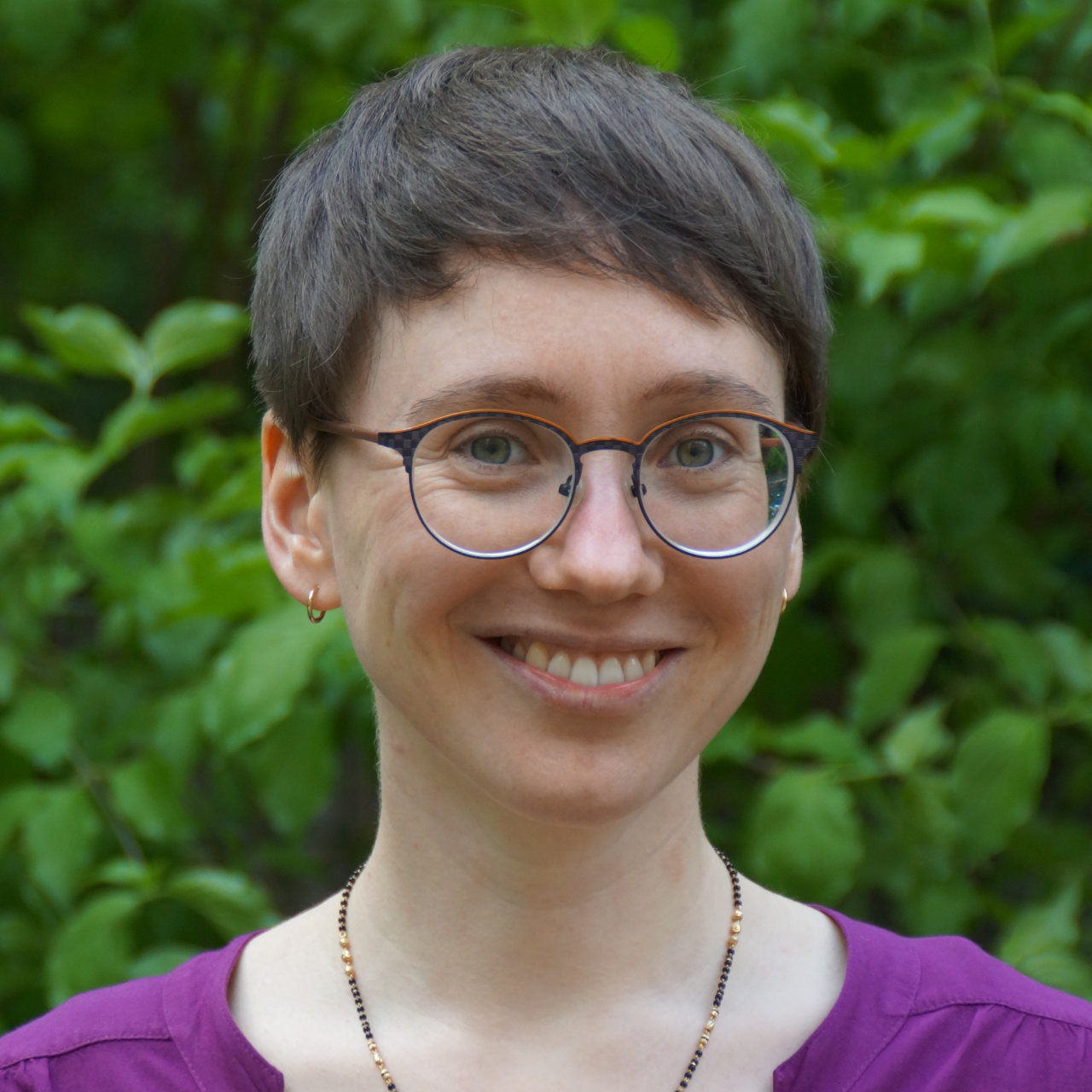 -
- Katharina Yadav
URPP «Digital Religion(s)»/Faculty of Theology and the Study of Religion
-
- Katharina Yadav is a protestant theologian and doctoral student at the University of Zurich in the department of Practical Theology. Her research interests are Pastoral Theology in the (Post-)Digital, Digital Church Practices and Digital Theology. She also deals with questions of the usage of digital media and evolving technologies in the context of religious education. Since 2022, she is working as a scientific assistant at the URPP «Digital Religion(s)».
-
|

Joshua Binswanger
Universitätsbibliothek Zürich / Digital Library Space
Joshua Binswanger is a member of the Innovation & Communication Team of the UB. He is creating visual designs and communication for the UB. Furthermore he is partly responsible for the Digital Library Space, where he manages devices and conducts workshops for videography, 3D design, 3D print or visual communication. He is also a professional scientific illustrator with a specialisation in 3D design and CT Data.
|
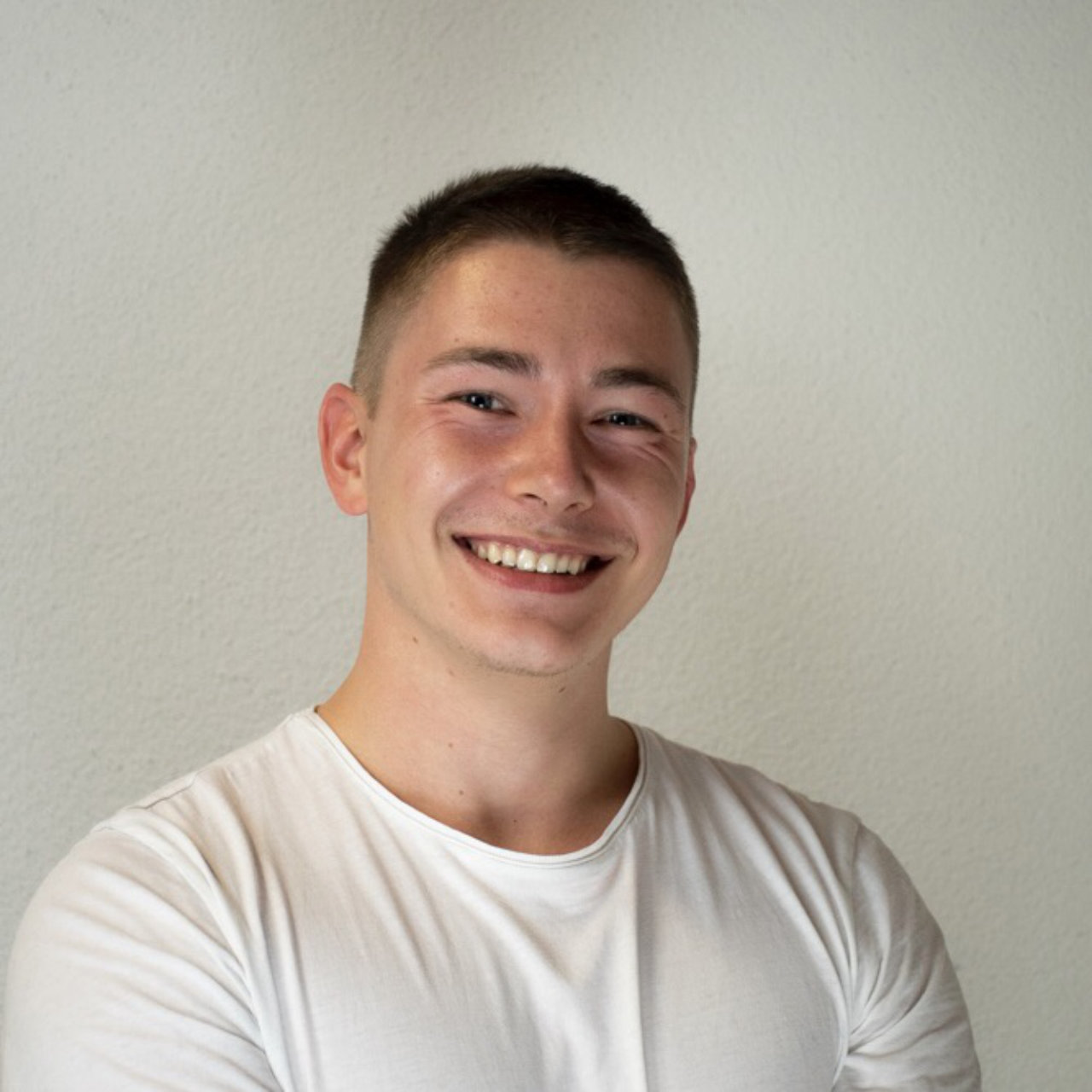 -
- Christian Schlag
- University Liechtenstein/V3chta
-
- Christian Schlag is a student of architecture at the University of Liechtenstein and co-founder of V3chta, a platform dedicated to virtual architectural spaces. His research framework revolves around virtual and augmented reality and its impact on religious spaces. His primary focus lies in the realm of digital architecture. Exploring how we design, implement, and experience religious spaces without physical limitations.
|
| |
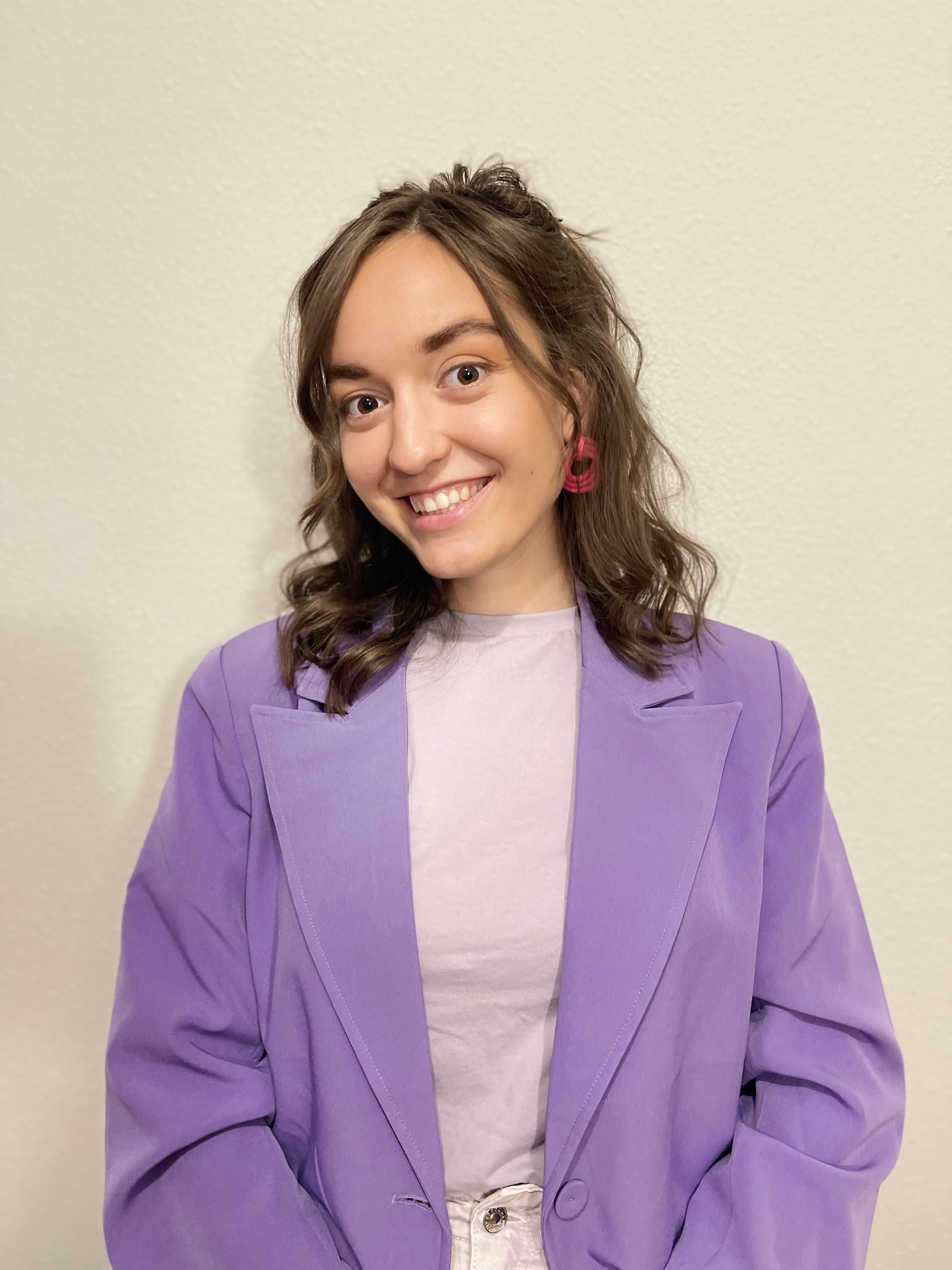
Dr. Kristina Eiviler
URPP «Digital Religion(s)»
Kristina Eiviler is an anthropologist and interactional linguist (EMCA), she researches various phenomena emerging in lived religion(s) and everyday spirituality. The main focus of her interest are «robot-priests». She also uses video, theater, and performance art to explore the nature of human existence.
|
| |
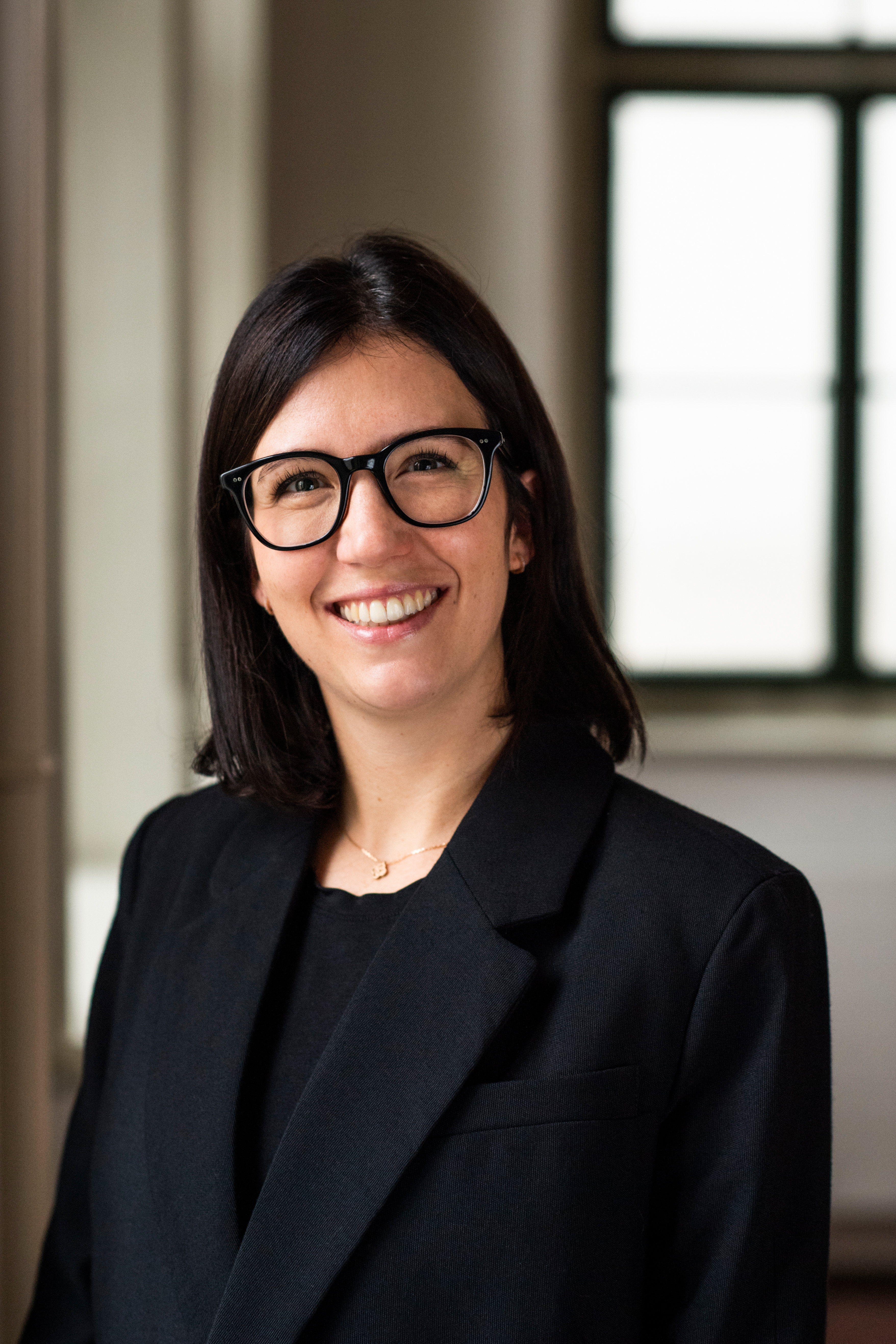
MA Fabienne Greuter
URPP «Digital Religion(s)»/Faculty of Theology and the Study of Religion
Fabienne Greuter studied German language and literature, religious studies, political science and theology and is a research associate of Prof. Dr. Schlag at the URPP Digital Religion(s). Her research focuses on religious education with children and adolescents, especially in the context of digitalisation.
|













